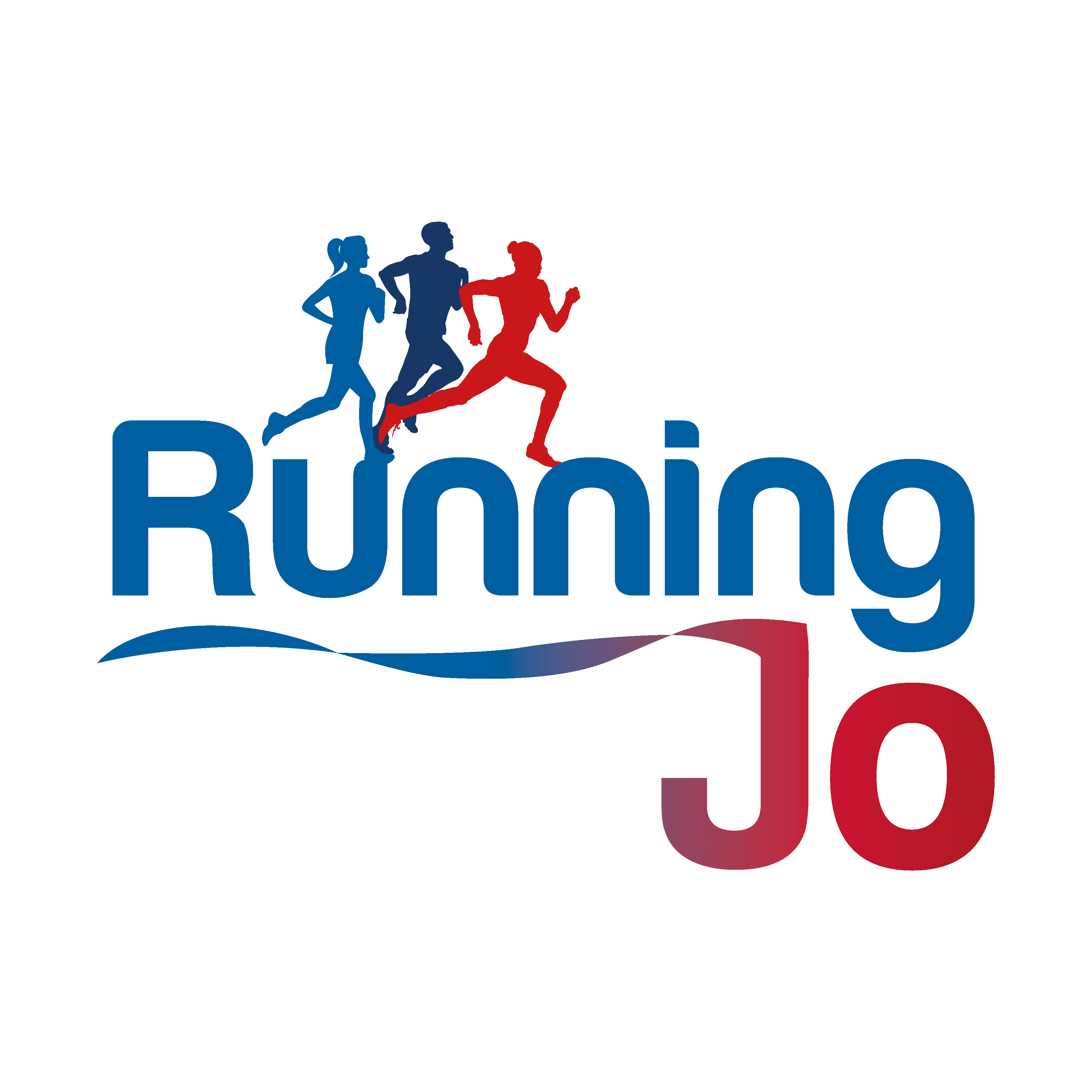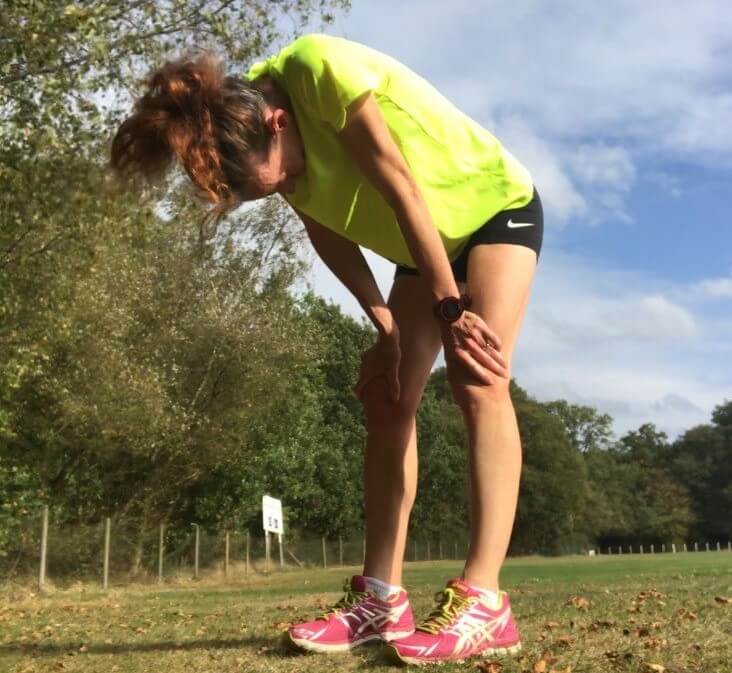You might wonder if there are any similarities between a running coach and a social worker for people with severe mental illness. Sadly, the recent focus on the story of the young American athlete Mary Cain suggest otherwise. In fact, there are numerous positive aspects of my former professional career as an Approved Social Worker that I now find incredibly useful in my coaching. Many of the “thinking” strategies I used in cognitive behavioural therapy, anxiety management and relaxation groups transfer well to sports performance.
Eating Disorders and Self Harm
However, my reason for writing this is to emphasise the seriousness of eating disorders and self harm. And what’s more important is the need to always seek professional help. Anorexia is a very serious mental health condition. It has one of the highest mortality rates for any severe mental illness. Yet the early signs can often be dismissed.
One of my key responsibilities as an Approved Social Worker was to assess patients under the Mental Health Act. Ultimately the decision to detain the person for up to 6 months against their wishes rests with you and only you.It’s not a decision you take lightly. Mental Health Act assessments only happen when there is a serious risk of severe harm, sometimes even death. During my career I had to make the decision to section several very severely ill young women suffering from anorexia. One of the most difficult was the decision to admit a young, single mother to hospital two days before Christmas. Depriving her frightened, bewildered, 6-year-old daughter of her mother at the time of year when family is supposed to be everything. It was a heart-breakingly tragic situation. But the reality is that she was the most seriously ill person I have ever met. She was perilously close to death from malnutrition and multiple organ failure. We couldn’t wait even just two days until Christmas was over.
Listen to the early warning signs
Of course, these young women were at the most serious end of the spectrum. There’s a long road from a coach telling a young woman to lose weight to being detained under the Mental Health Act on the brink of death. But let’s also not underestimate the potential seriousness of the early warning signs of any eating disorder. If an athlete has disclosed they are self-harming or starting to develop disordered patterns of eating, this is more than an issue of nutrition and weight management. It needs referral to professional help – and the sooner the better.
If an athlete came to you with early warning signs of a tight achilles or a sore hamstring you wouldn’t ignore them. You would refer them to a physio or sports therapist to address the early symptoms, explore the potential causes and formulate a prevention plan to ensure it doesn’t get any worse. So don’t ignore them when they come to you with any other early warning signs either.
What to do next
If you or anyone you know has mental health issues seek support as soon as possible from your GP or other health professional. Follow this link for more sources of urgent help with mental health issues from the NHS

